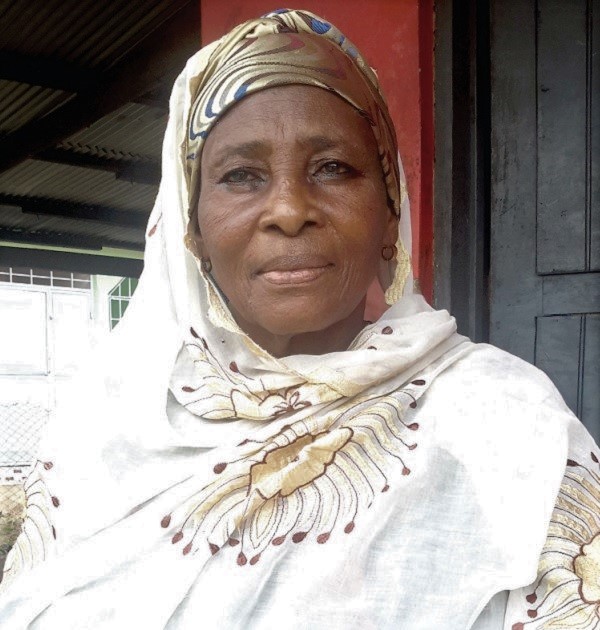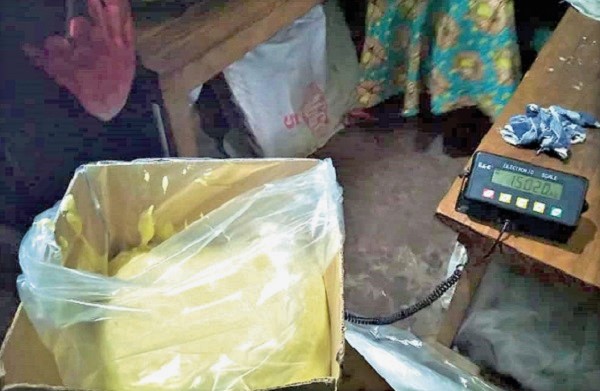
Upper West’s struggling shea industry
Shea butter extraction, which is a major industry in the Upper West Region, needs a lot of financial support to enhance production for the economic development of the country.
At the moment, the extraction of the shea is done on a very small scale by women in addition to their socially assigned roles as child-bearers and keepers of the home.
Advertisement
Picking of the shea fruits which provide the butter is done by individuals at dawn between May and July in the bush, after which they are boiled for some 30 minutes and dried out in the sun for some weeks.
The picking of the shea fruits from the ground by the females can be a perilous affair because the nuts which taste sweet are also eaten by wildlife such as snakes and scorpions.
The pickers, therefore, compete with the snakes and scorpions for the nuts at dawn when visibility is very poor, leading to most of them sustaining bites which sometimes lead to death due to the scarcity of anti-snake serum at the local health facilities.
However, they have to brave the storm because the proceeds from the sale of the shea fruits enable the women to provide support to their husbands to maintain the family.
When collected, a maxi bag of the nuts could be sold for GH¢300, which is not easily affordable to the small-scale producers of the butter, especially in the rural areas.
Mwinbinbu
At the moment in the Wa Municipality, one such producer of the shea butter who was hitherto supported by the Agriculture Sector Infrastructure Project (ASIP) is the Mwinbinbu Women's Group.
The group, which constitutes about 30 women, was founded in 1986 and is engaged in the processing of the raw material into shea butter.
The age group of the women is between 21 and 70. Mwinbinbu means gift of God.
Speaking to the Daily Graphic, the 70-year-old Secretary of the group, Hajia Hawa Seidu, said last year they experienced a bumper harvest but they could not purchase enough fruits due to financial constraints.
Hajia Seidu said in the area, one major obstacle to the women, who constituted a significant proportion of the population, was funding, and the ASIP which used to assist them in agro-processing had folded up, leaving them to their own fate. "No assistance comes from anywhere," she said.
Preparation
Hajia Seidu explained that after the shea fruits had been boiled and dried in the sun, they were crushed by the machines and the nuts removed and separated from the shells, roasted and grinded in another machine into smaller parts.
After grinding, she said, the products were kneaded in water and vigorously mixed with the hands and boiled again.
This is when the whitish oil substance which appears is scooped out of the water and boiled into a white fluid. She said at that stage, the produce was stirred, sieved to remove any foreign particles and then boiled again to the required quantity.
Hajia Seidu said the shea butter was then poured into a pot in the packaging room and allowed to cool down overnight, after which it was ready for packaging.
Last year, she said the group had some financial support from an expatriate who had a personal interest; he bought the entire produce for export, adding sometimes the assistance came with strings attached and sometimes too late.
That made them dependent on their male partners and also made them unable to take their destiny into their own hands.
Shea butter has a lot of economic and social values. Apart from its use for household and commercial frying, it can be used as a base for soap and cosmetics.

The finished shea butter product.



